Welcome to the Pluckery! Wednesday is a free-for-all, and today’s subject is otters. Plus the usual gamut of awesomeness in link form, and an update on the Agnès Varda-thon.
My friend Drew, who teaches at Flamingo Gardens, calls otters “the wolves of the river.” She says that North American river otters can take down an adult alligator. At first, I found this hard to believe. But they work in pairs, like dolphins harrying a shark, with one distracting the saurian reptile while the other bites at the softly scaled throat.
It’s always the cute ones… here are two otters playing at the Toronto zoo, in between murders:
Why otters? I was in the middle of reading Tarka the Otter, the 1927 novel by Henry Williamson, about a Eurasian otter born on the English countryside, and found a passage where Tarka, the eponymous otter, evades hunting dogs by using the strong scent of Muscovy ducks to mask his scent trail. Drew has an armful of Muscovy ducks in her jungle habitat of a backyard, among the cats, falling iguanas, interloping raccoons, fountains, and blinking party lights. (She lives in Florida). I would say she “raises” ducks but that implies breeding them for eggs or food, and these are pets. Occasionally she and Keary miss an egg, and they get more ducks. (I think there are now five. You can follow their antics on Instagram.)
So she related the otter tidbit. This was before Tarka was fully grown, and laying waste to thirty-pound salmon, rabbits, and even ducks, when I thought he was a cute water weasel who played with pebbles and ate the odd trout. But no, otters are relatives of wolverines, and more akin to the orca than the bottlenose dolphin. Or maybe they are like pilot whales, which have an innocuous name but murder just as many baby baleen and sperm whales as their “killer” cousins. I learned about that in Becoming Wild by Carl Safina, which I highly recommend.
I also recommend Tarka the Otter. Far from a children’s book, it is a masterpiece of nature observation and regional dialect, written entirely in beautiful and very active prose. It’s as close to objective as can be in depicting an otter’s life on a river of hunters (Williamson was far less objective of us Irish, unfortunately, but it didn’t detract much from the reading). His mission was the capture the disappearing culture of the river, as radio and newspaper homogenized the language, and to pay homage to the wily, playful, and ruthless mustelid the otter.
Williamson doesn’t go into the heads of the animals, but remains in the omniscient third person almost always; he changes point of view rapidly, and each sentence can be a natural history lesson, delivering years of observation in a few scant words. There’s a fish in a pond that was swallowed whole by a heron and then disgorged; owls and seals and conger eels and ravens who could star in their own book, but are mere second string; the humans are backdrop. The hunters seem heartless as they seek their blood sport, but they are positive animal-lovers in comparison to the farmers. Williamson was as eager to capture the poor man’s foxhunt of otter hunting, where all you need are hounds and an ash pole, as he was the natural world. He passes no judgement; Tarka slays for sport and play, and so does man.
This is the rather lovely cover of the NYRB classics edition:
Otters are in the news. If you haven’t heard, Santa Cruz Otter 841 has been harassing California surfers and stealing their surfboards (and our hearts). She was born in captivity to a mother who was captured because she’d become too acclimated to humans—and apparently the otter doesn’t fall far from the tree. She’s climbing onto surfboards and taking them, which is adorable, until you remember the whole “we like to pair up and murder alligators” part.
She hasn’t bitten anyone yet, and perhaps this is revenge for the near-extinction of southern sea otters; according to the article, we had reduced them to 50 individuals by 1938, but they have rebounded to a few thousand. A female sea otter can weigh up to seventy pounds, more than twice the size of a gator-killing river otter. The boys can top a hundred. And they can crack shells open on their chests with rocks, having mastered tools. It’s only a matter of time before sea otters are cracking surfers’ skulls open like clamshells and slurping their brains while they ride their boards into the barrels.
Another wonderful otter book is Ring of Bright Water by Gavin Maxwell. He lived on the west coast of Scotland, and raised several orphaned wild otters as pets. He also learned their wolfishness; when he reached for a fish held by his otter Mijbil, he was bitten clear through the palm of his hand. And not with cruelty! That was a warning bite. Otters play rough. The book is a beautifully written naturalist tract, and pairs well with Tarka. It is more poetic and less forgiving of man’s cruelty.
I have been neglectful of the Agnès Varda-thon; I slowed down when watching the California disc. I wasn’t too fond of her film made with Warhol actors, Lions Love (and Lies)… I find the experimental films of that era generally excruciating, even if I appreciate how they were breaking the mold. But I did enjoy the short films included on the disc. Uncle Yanco profiles her relative, an older artist who had become sort of a bohemian patriarch. Her short documentary on the Black Panthers was also worth watching, but my favorite was the nearly feature-length Mur Murs, about a single mother and child making their way.
And then it was time to watch One Sings, the Other Doesn’t again. The story of two women’s friendship which begins with an act of kindness, this may be Varda’s masterpiece. It has the pathos of Vagabond and freer than her new wave films. Her forays into documentaries and experimental pay off fully here, as the song breaks for Pauline give the film a sixties flair that doesn’t seem dated. (Two of the actors in Lions had been in the Broadway show of Hair, which may be why these earnest songs of freedom and celebration don’t feel fake at all). The through line of One Sings, the Other Doesn’t is how reproductive freedom changes women’s lives. Pauline helps Suzanne, a struggling mother of two, obtain an illegal abortion; she’s kicked out by her parents for this, which frees her to become a singer and not train for office work. Their lives continue to intersect, as Pauline becomes a mother and Suzanne’s children come of age.
It manages all this without being preachy at all; Varda was active in protests in France and this inspired the story. The first time I watched the movie, reproductive freedom in the United States felt like it was safely settled; now abortion is banned after six weeks in many states, Plan B is under attack, and Christian nationalists are coming for gay marriage and birth control. The movie hit differently, this time. I focused on the bond of friendship the first time, and this viewing I noticed more. For example, when young Pauline is asking women at her choir practice for a safe abortionist, using code words, people are hanging up their coats on hangers in the background, a reminder of the ugly ends of denying these freedoms.
If you haven’t seen any of Varda’s films, it is a great place to start.
So what’s awesome this week? (Besides otters, that is.)
Crows and magpies in Europe are using anti-bird spikes to turn their nests into medieval fortresses.
Some jerk stole and damaged the Jersey Devil statue outside Lucille’s Country Kitchen, a beloved Piney grub joint that was also a favorite eatery of Anthony Bourdain’s. Not so awesome, but they caught him! Except he’s unlikely to be extradited for a fourth degree crime. But!!! the community donated thousands for a new statue… and the restaurant gave it to a local cancer charity.
Philly’s last Revolutionary War-era tavern, the Man Full of Trouble, will reopen and serve libations this year. It was a waterfront bar for sailors and dockworkers in its time. Of course I’m going!
The Gilgo Beach serial killer of Long Island has been captured. I had followed since the murder of Shannon Gilbert, which local police originally declared was a drowning, even though it was incredibly difficult to reach the area her body was dumped. Some of the victims were sex workers, so the crimes were not given the utmost urgency by police. May the families of the victims find some peace.
not awesome: Police also don’t always expend the same urgency on crimes against LGBTQ+ people, which is probably why South Wales police waited twenty years to send evidence in the 1993 murder of Crispin Dye, the queer manager of Australian rock band AC/DC, for forensic testing. They tied his murder to another 88 unsolved murders, meaning there was likely a serial murderer of gay men, or several, but they let the killings go on. Rather like the Gilgo killer. Infuriating.
If you think humans are useless, I bet you didn’t know that we can outrun a horse. Sometimes, that is. Under certain circumstances. You see, we are not ambush predators, we’re more like otters: persistence hunters. We can run long distances, and make our prey sprint, over and over, until they suffer exhaustion… and we crack their skulls with a rock and eat them! This is also… why we have butts. If you don’t believe me, listen to the incredible Man Against Horse episode of Radiolab that will make you appreciate your booty and how it made us what we are today:
And from the Substack realm, two great posts by Mister Slang, Jonathan Green. One is about dirty blues records, and another is about party records; you may know them from watching the fantastic Rudy Ray Moore biopic starring Eddie Murphy, Dolemite is My Name. But I bet you didn’t know how many dirty Jewish women comedians made these albums! I sure didn’t. And they are amazing.
That should hold you over until Sunday, when I will finish off what I saw in Iceland, with a hot mineral spring, a house of recycled junk treasures, and whether they really believe in trolls or not.
If you want a copy of Becoming Wild by Carl Safina
And if you can’t get enough otters, suck on an otter pop! They are refreshing and delicious:




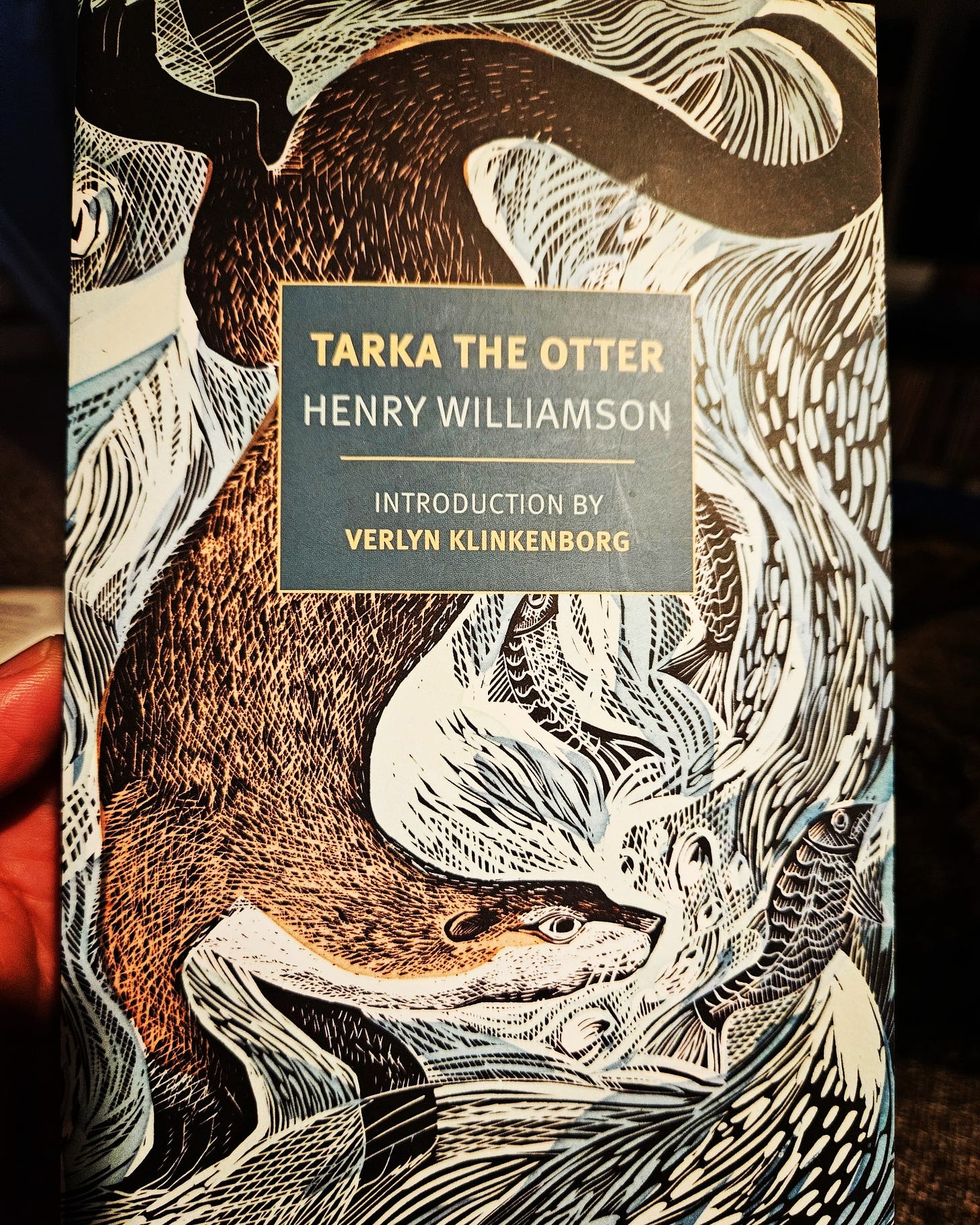
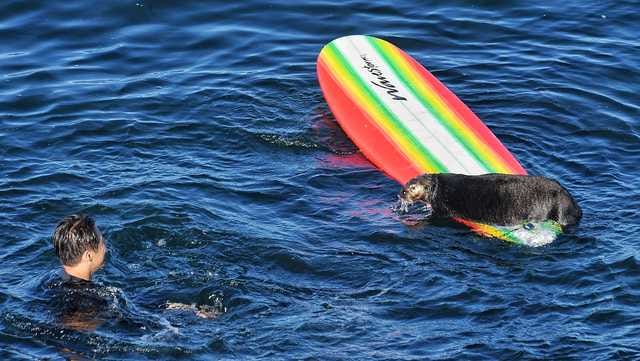
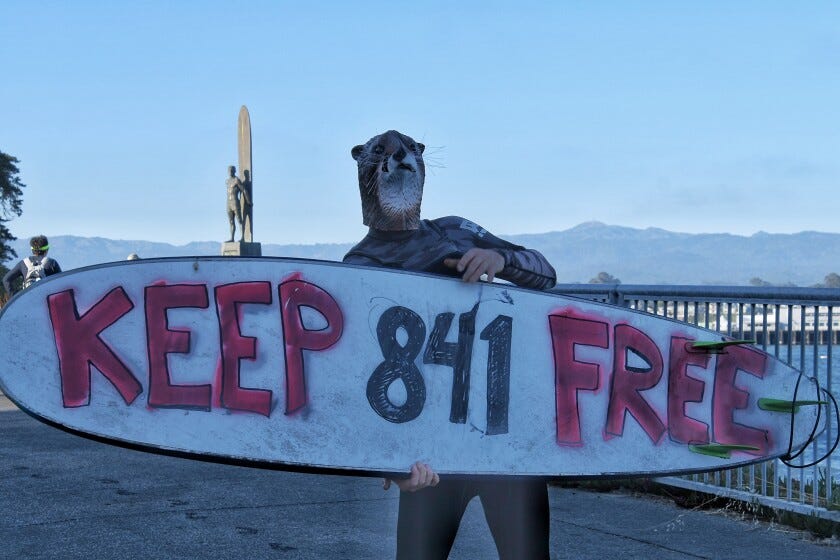
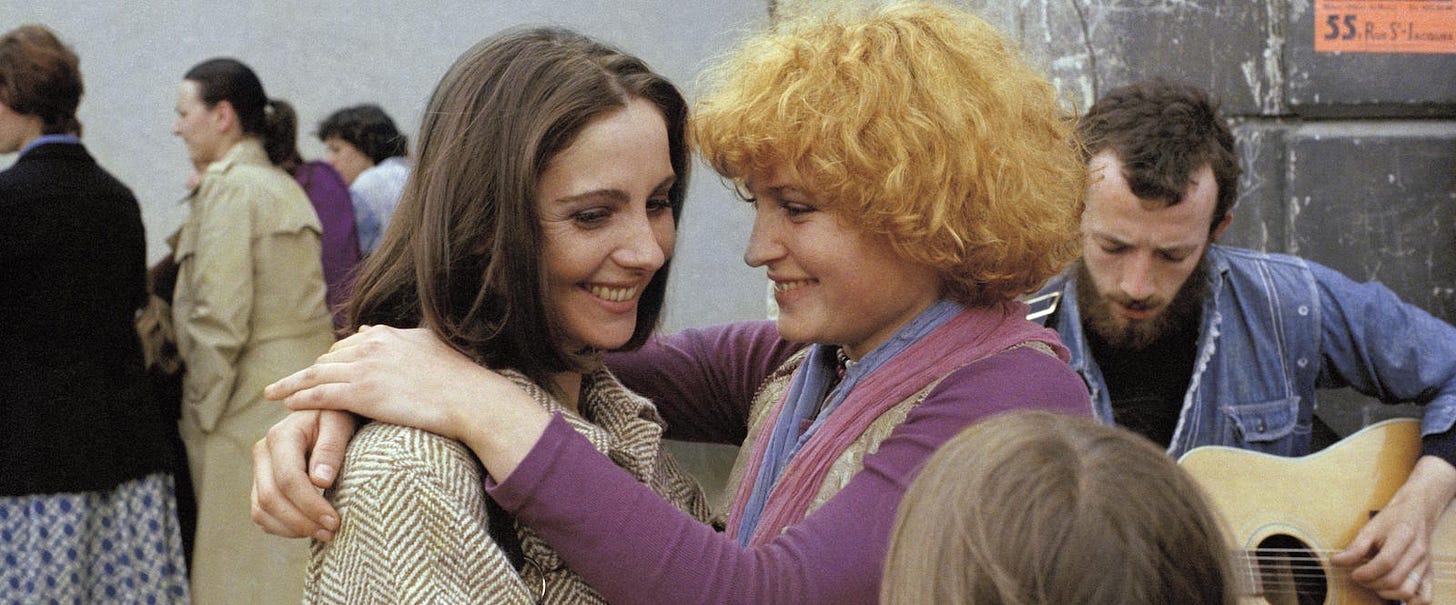
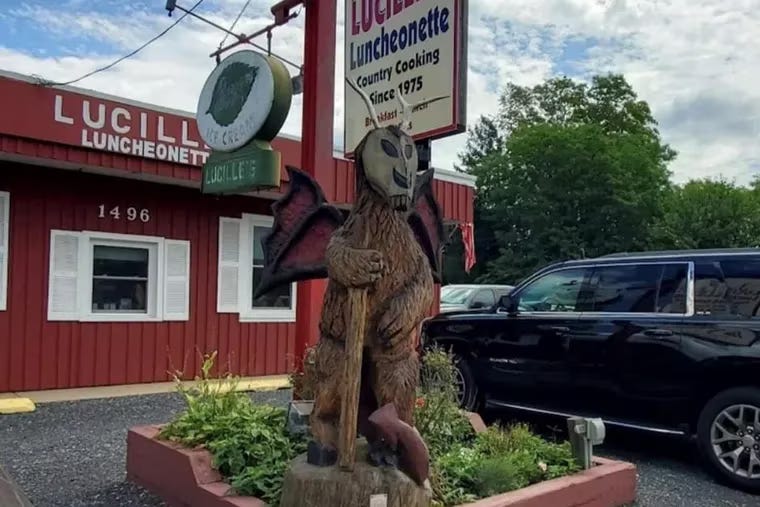
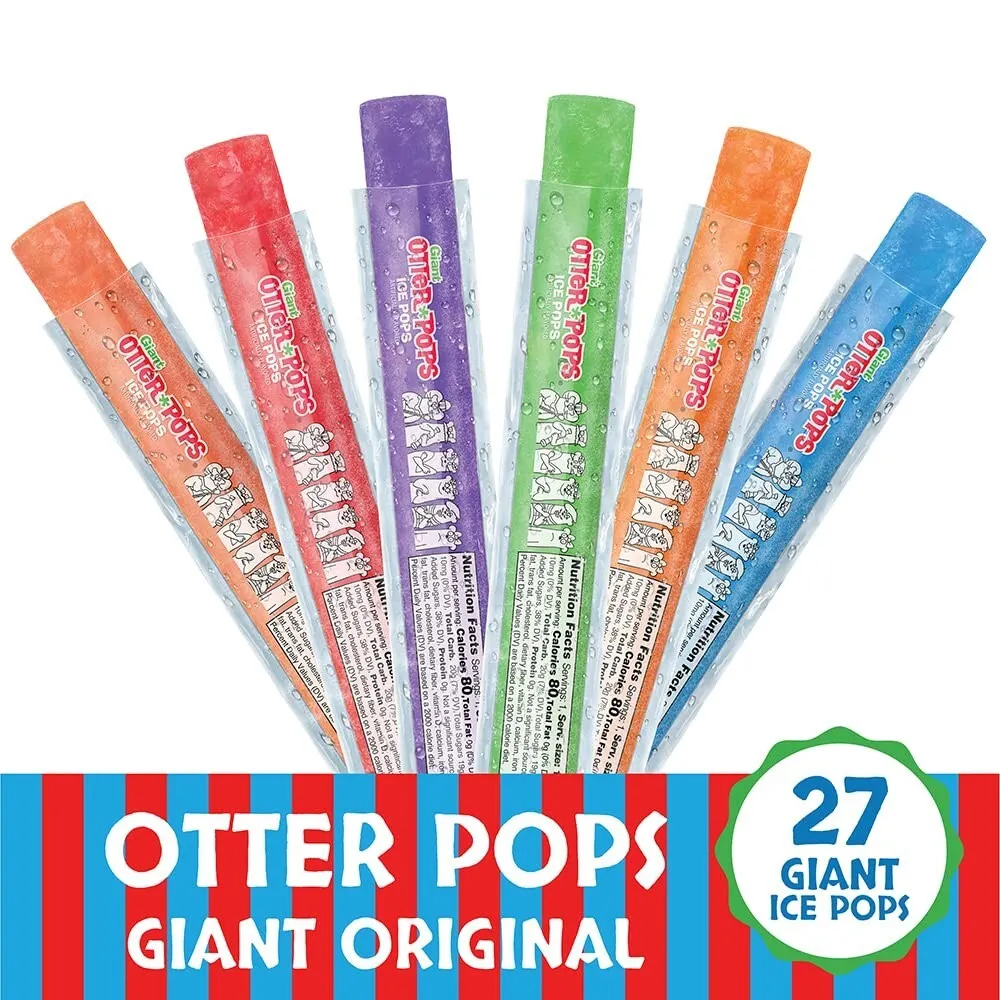
I did field biology in college in the Boundary Waters, and was in the bow of the lead canoe, in a narrow river, when we upset an otter.
FUCKING TERRIFYING
Came 3/4th out of the water vertically, hissing at us, charged a couple of times. It was the 80s so all I could think of was Jimmy Carter and the swimming bunny, but I was Jimmy Carter, with my paddle, yelling at everyone to BACKPADDLE.
Don't fuck with otters.
There's this video on YouTube of an "otter playing with baby deer" and as someone pointed out downthread in its comments, that otter might have been looking for some venison, instead. The mama deer makes sure it doesn't happen.
https://youtu.be/ZiDIobYa9VI
And if we're sharing scary encounters with animals in the water stories, I had a watersnake swim across my legs during swim team practice once. I FLEW up on the dock, followed by about 40 of my teammates. I don't mind snakes. Just them sneaking up on me in the water.